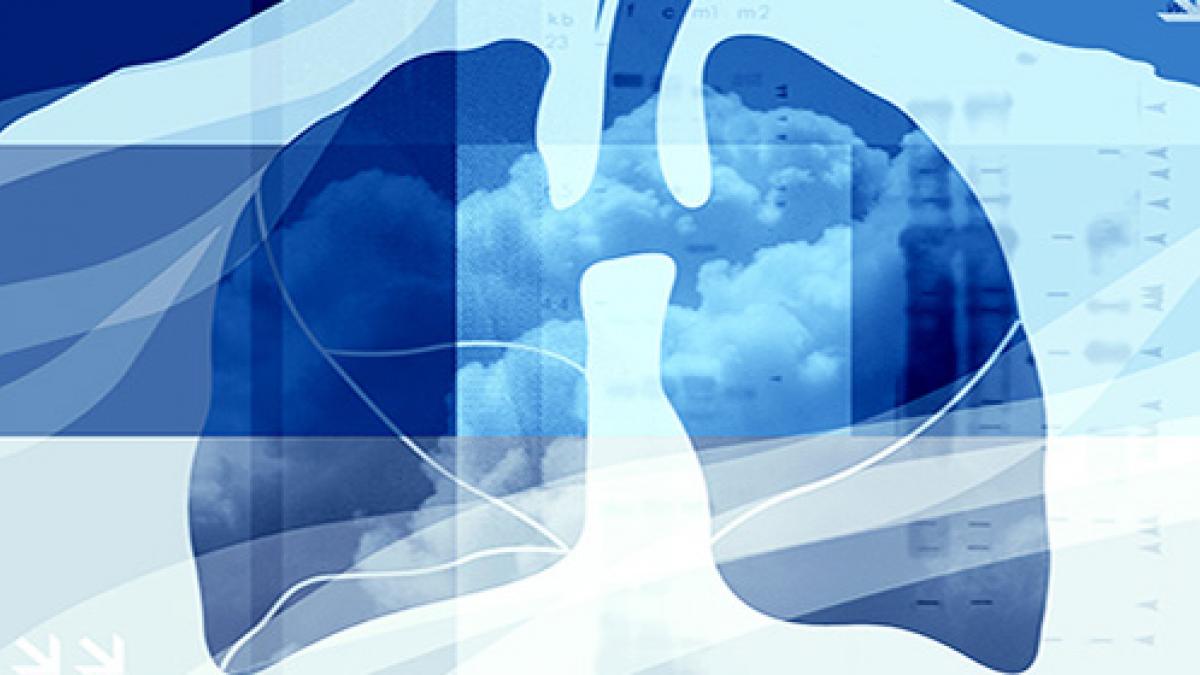Clinicians should consider limiting the use of antibiotics for people with chronic obstructive pulmonary disease (COPD), to prevent them from developing antimicrobial resistance.

NICE says only half of acute exacerbations of COPD are caused by bacterial infections
This is according to a draft guidance from the National Institute for Health and Care Excellence (NICE), published on 9 July.
It advises healthcare professionals to take the risk of antimicrobial resistance into account before they decide if COPD patients, who are experiencing non-severe acute exacerbations or a flare up of symptoms, should be treated with antibiotics.
The guidance suggests that the decision-making process takes into account
- the number and severity of symptoms a patient is experiencing,
- their previous exacerbation history
- the risk that they might develop complications
NICE adds that approximately 50 per cent of acute exacerbations of COPD are caused by bacterial infections, while others are caused a range of factors, such as viral infections and smoking, which do not respond to antibiotics.
Optimising treatment
Ema Swingwood, vice-chair of the Association of Chartered Physiotherapists in Respiratory Care, told Frontline: ‘COPD is a common condition that many physiotherapists see on a daily basis. For those COPD patients who have frequent and severe exacerbations we know that prophylactic antibiotics started in a timely manner can have multiple benefits.
‘What we must ensure is that all elements of a patient’s treatment are optimised, and this very much includes their airway clearance regime.
‘Clinicians must take a proactive approach and review airway clearance regimes where possible and adjust prescriptions accordingly.
‘Additionally, we must work closely with other professionals such as nurses and occupational therapists to review inhaler technique, discuss smoking cessation and pulmonary rehabilitation and review activities of daily living.
‘In an ideal world if all of these elements are reviewed regularly and optimised, the need for antibiotics consideration may well be reduced.’
The draft clinical guideline update is open for consultation until 6 August 2018.
Author: Robert Millett
Find Out More
Number of subscribers: 0